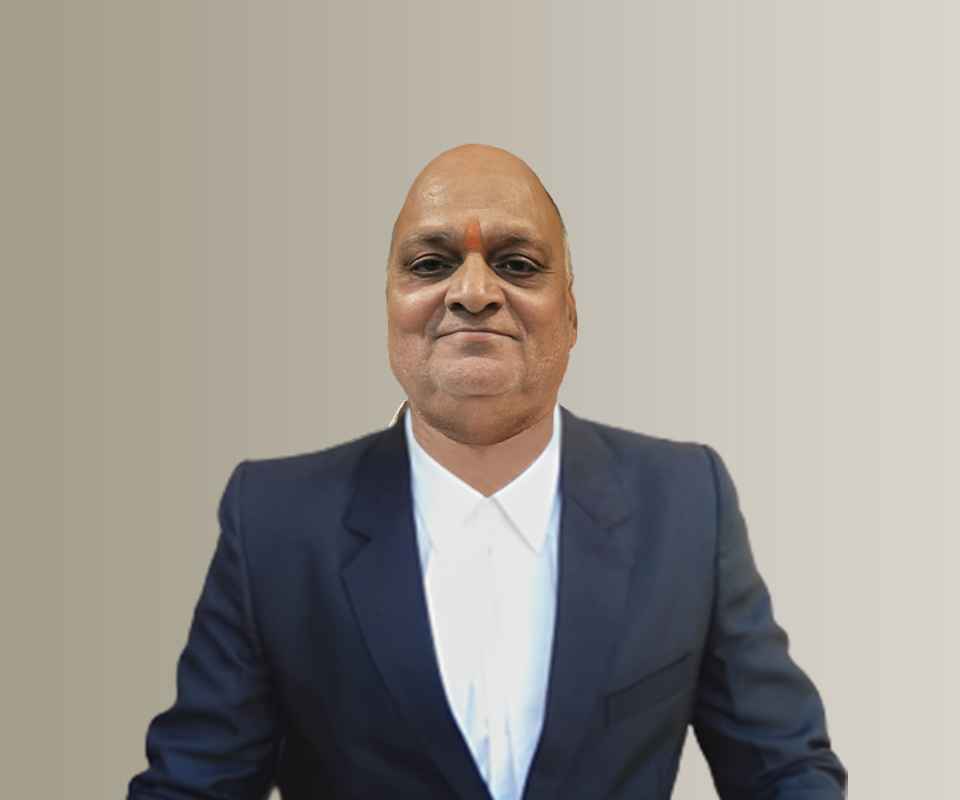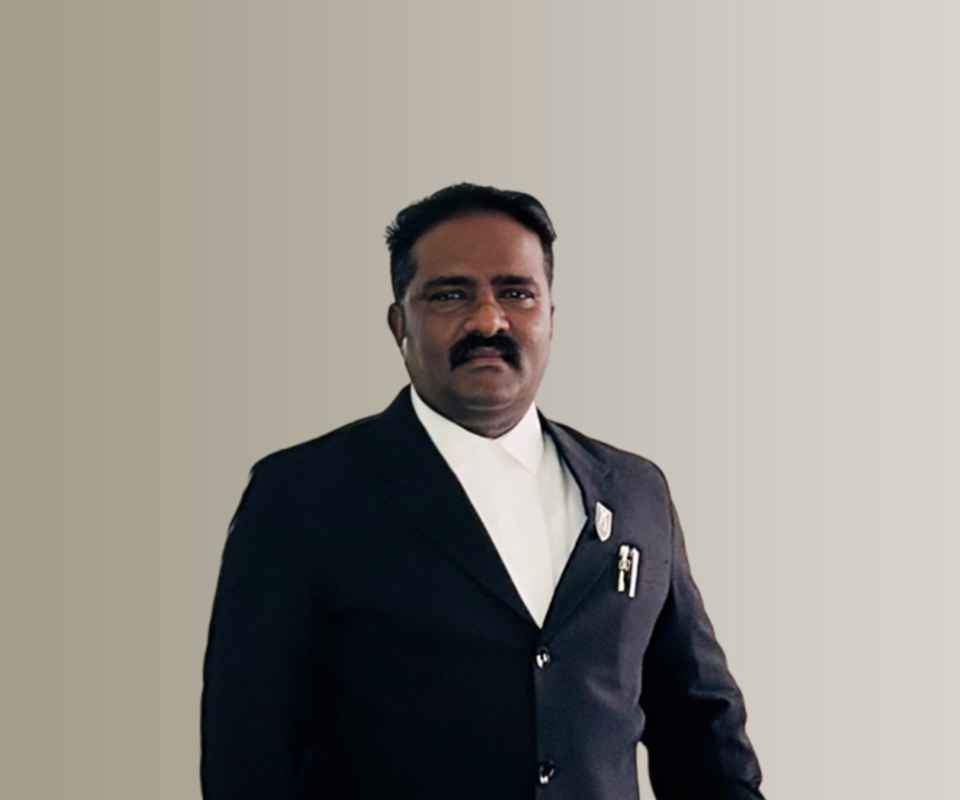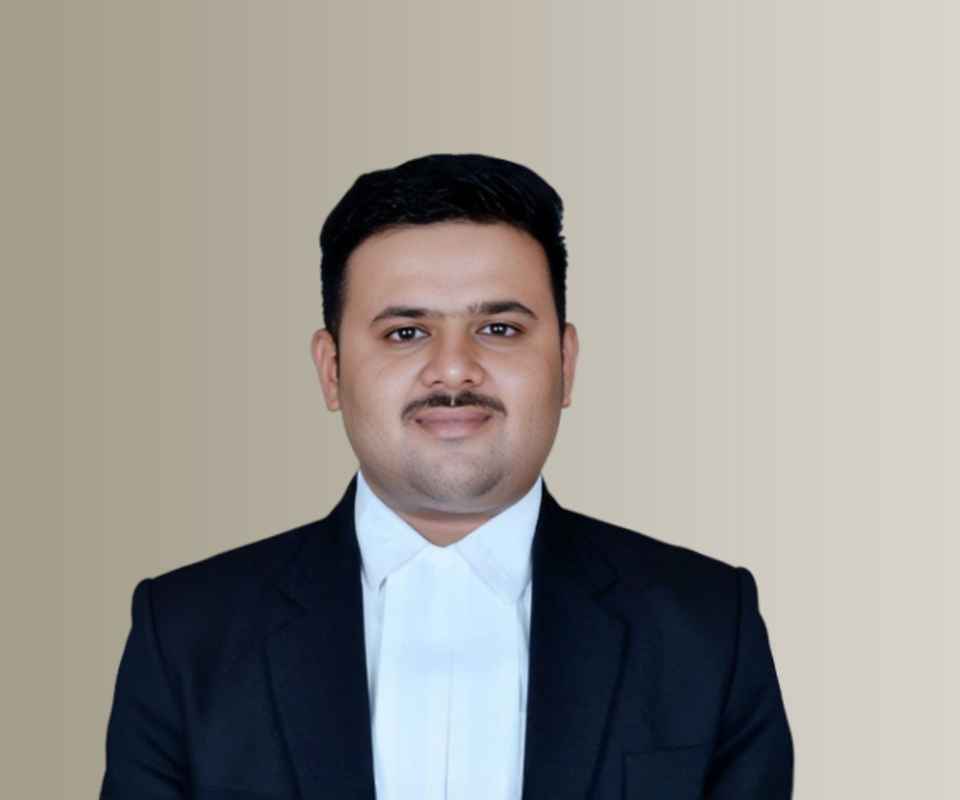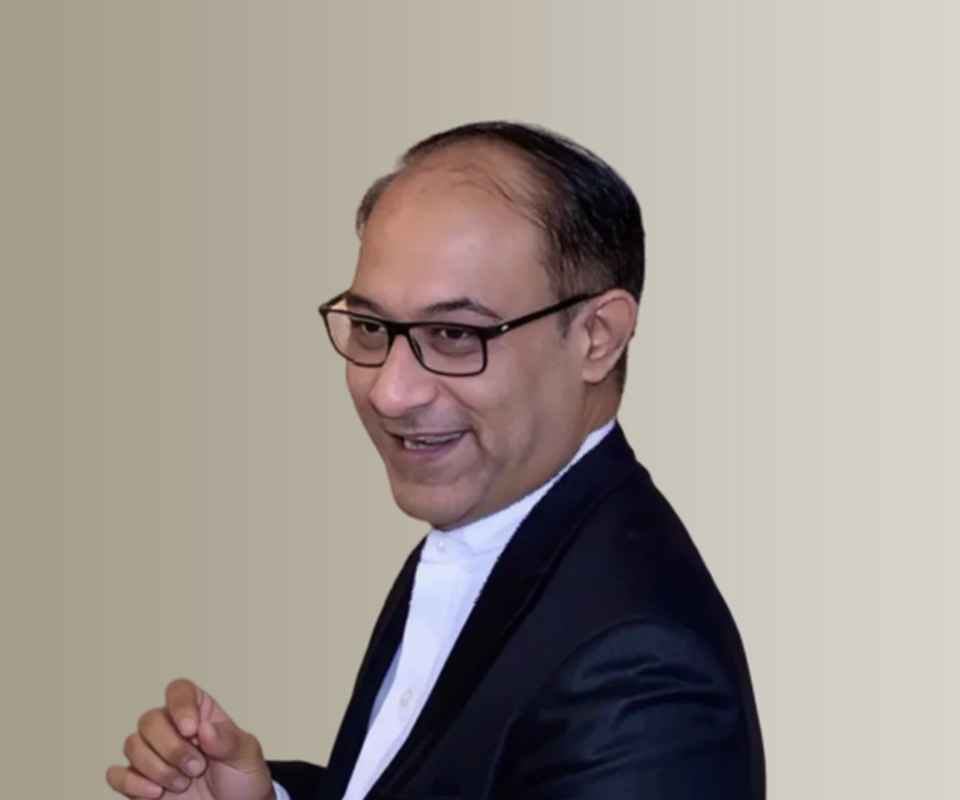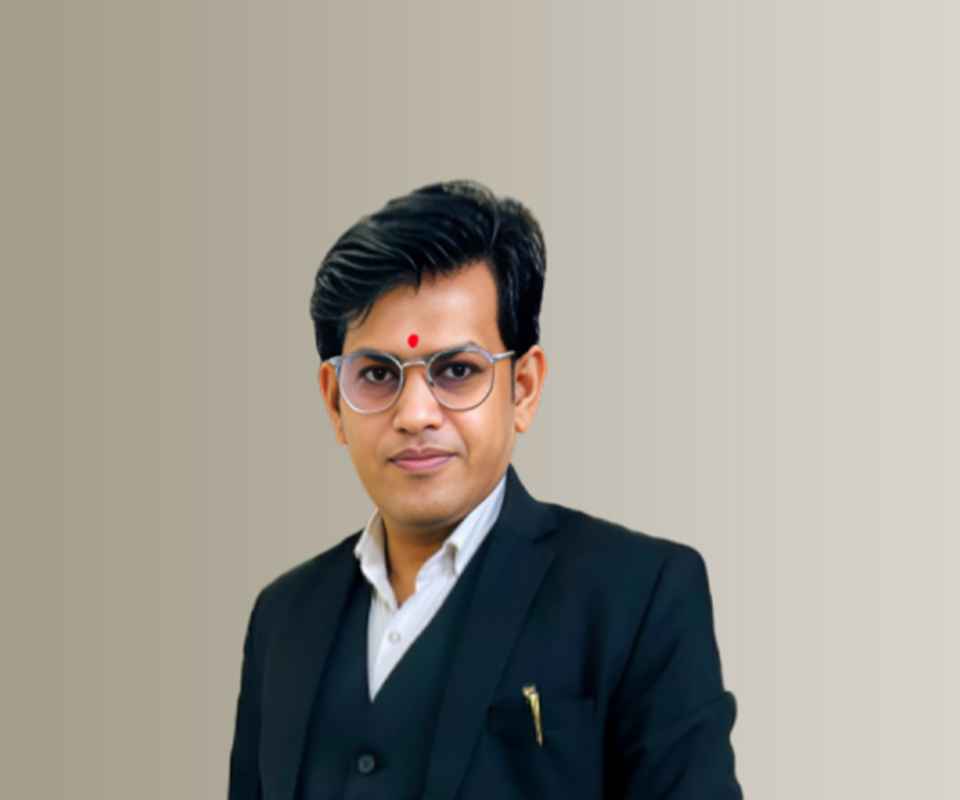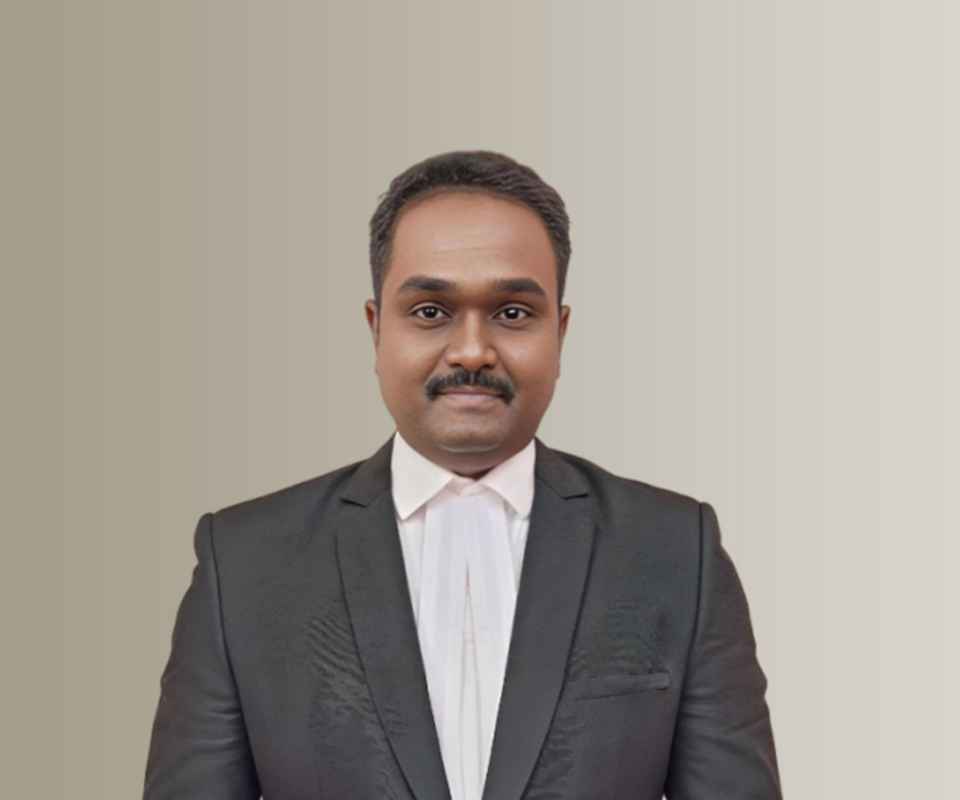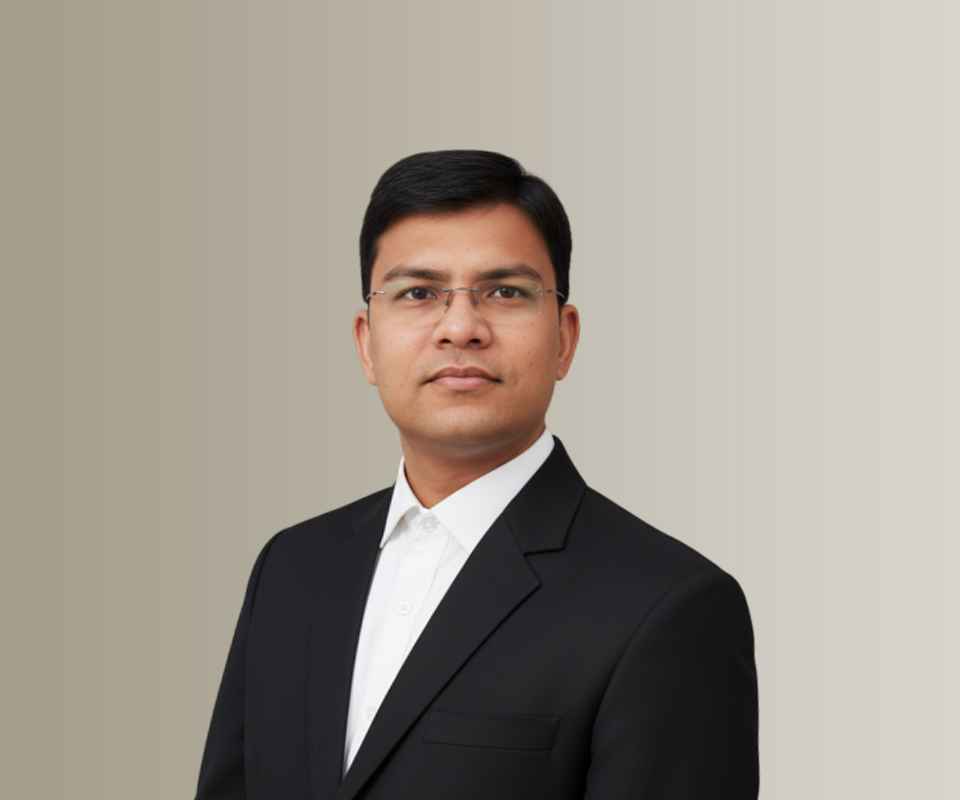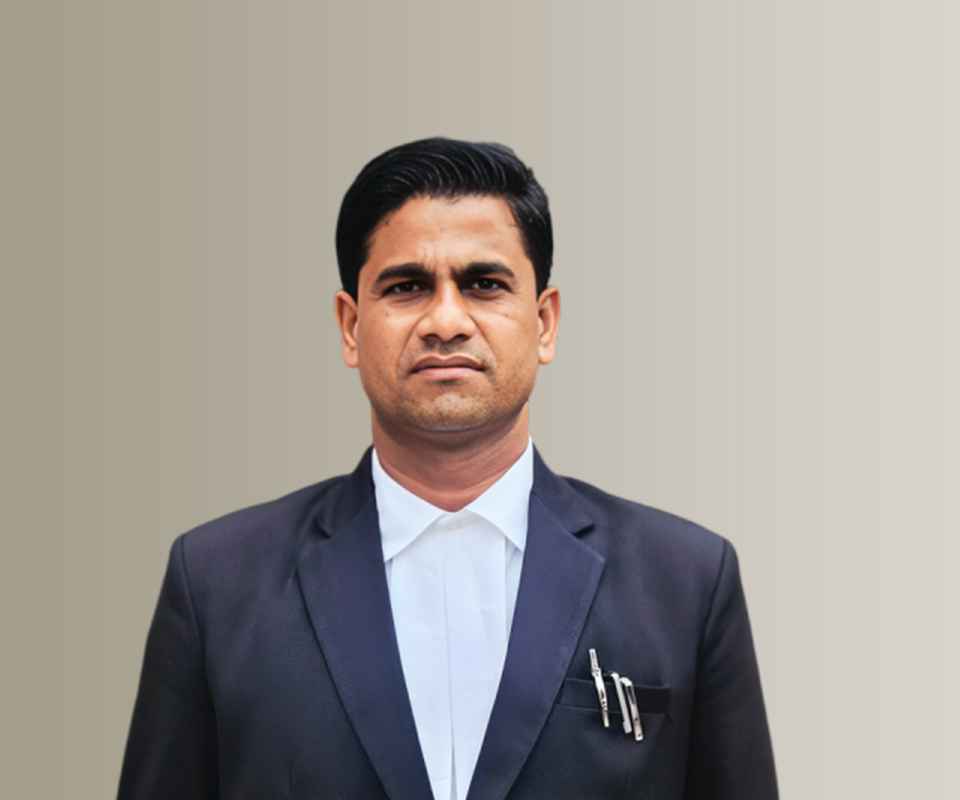Answer By law4u team
The Supreme Court of India handles urgent matters through a special procedure designed to ensure timely justice in exceptional or emergency situations. Here's how it works: Mentioning Before the Court: Urgent matters must be “mentioned” before the Registrar or the Bench (usually before the Chief Justice or a senior judge) to request early listing. Mentioning is typically allowed on working days in the morning before the court begins regular proceedings. Criteria for Urgency: The matter must involve: Imminent arrest or threat to life/liberty Stay of execution or demolition Time-bound government actions Elections, admission, or examination-related issues Special Benches or Vacation Benches: During court holidays or vacation, the Vacation Bench hears urgent cases. These benches are pre-announced and deal with limited urgent matters. E-filing and E-mentioning: Urgent cases can also be filed and mentioned online through the Supreme Court e-filing portal with a written request explaining the urgency. Immediate Listing: If urgency is accepted, the matter may be listed the same day or within a few days, bypassing the normal queue. Hearing in Chambers: In rare cases, urgent relief can be granted in the judge’s chamber without waiting for open court hearing, especially for interim protection. In summary, the Supreme Court prioritizes urgent cases by allowing early listing through mentioning, and it functions even during vacations to address matters of immediate importance.
